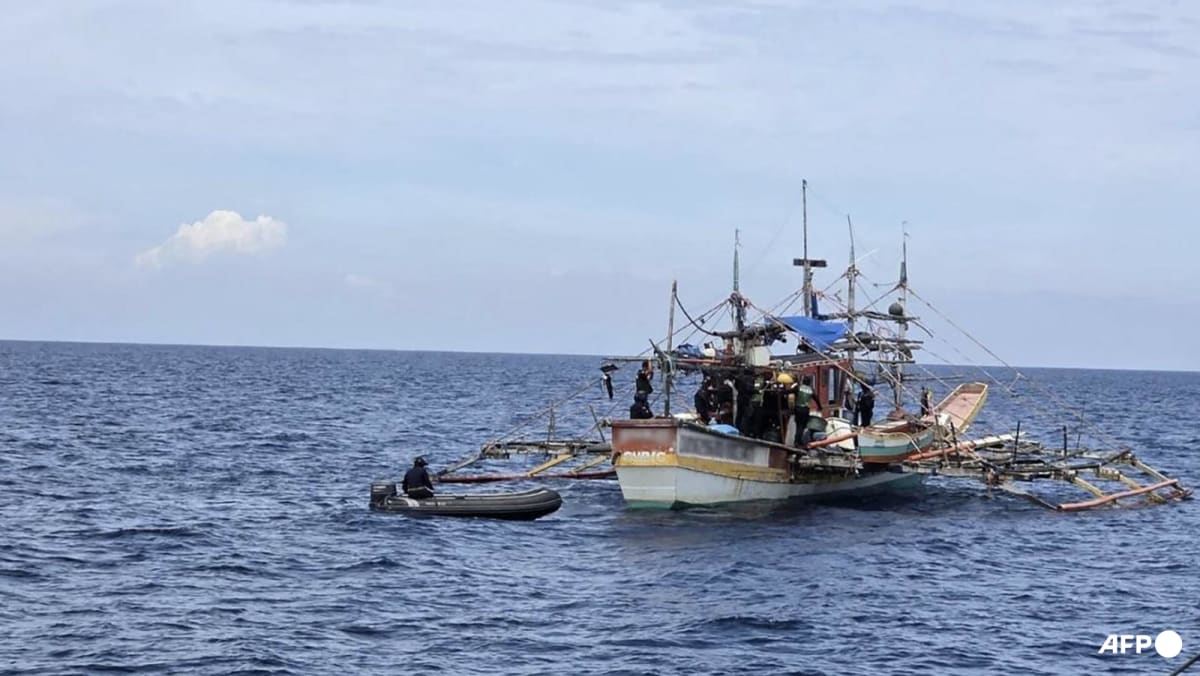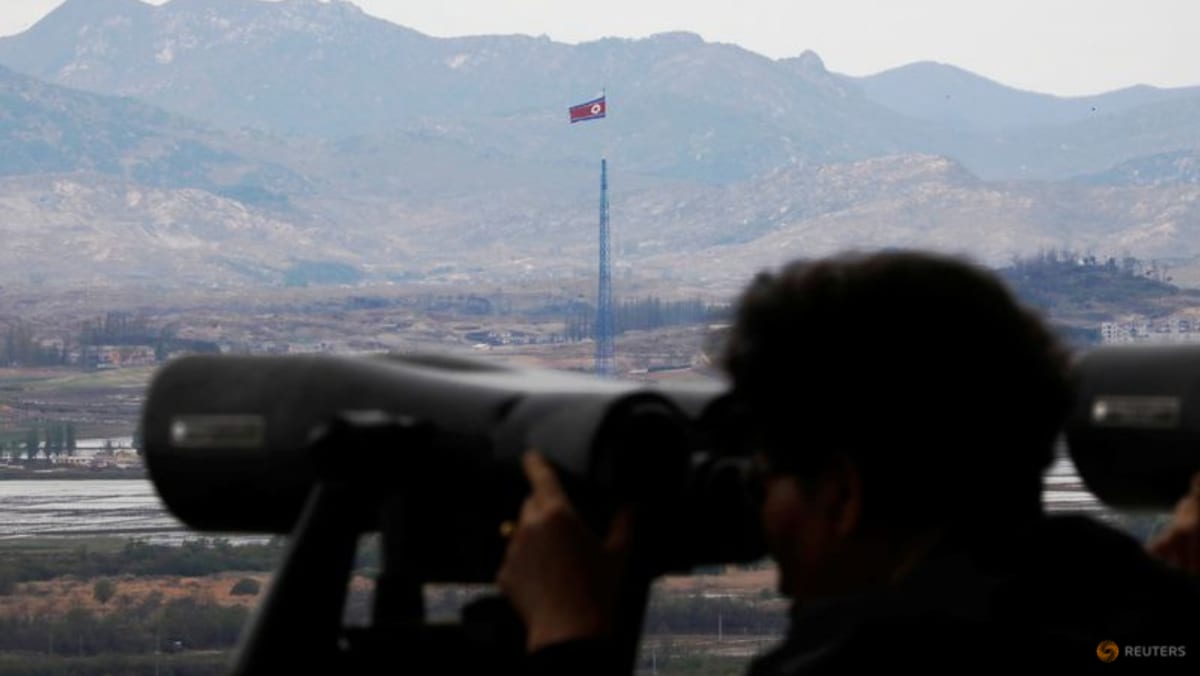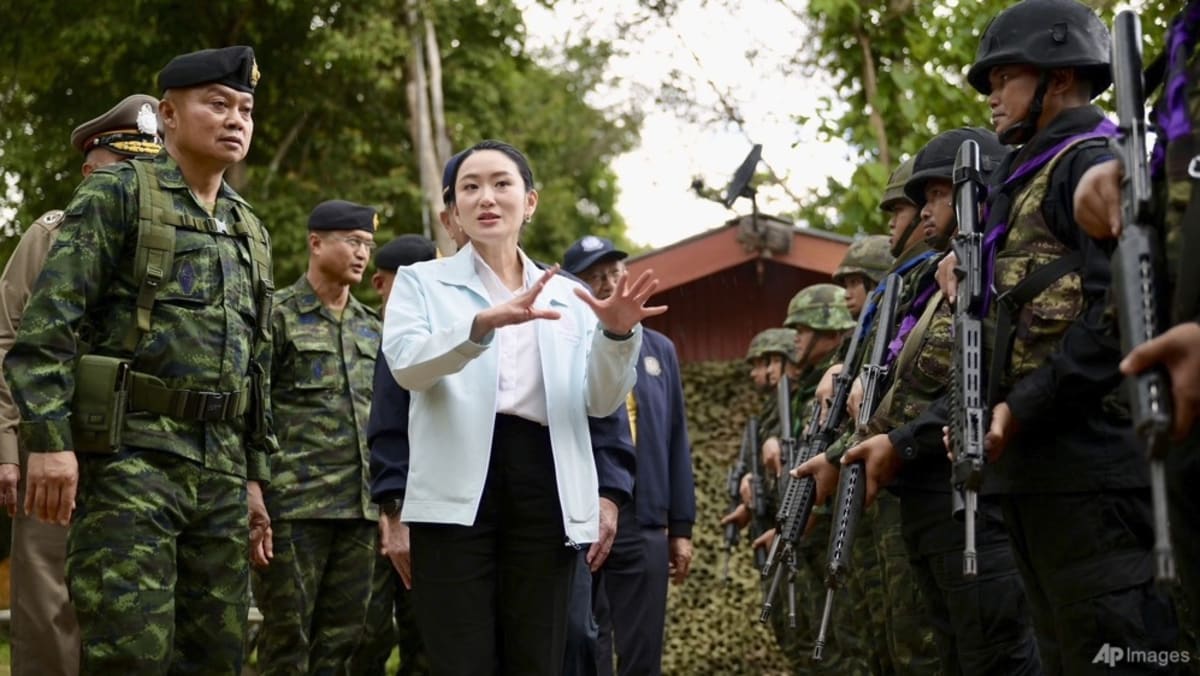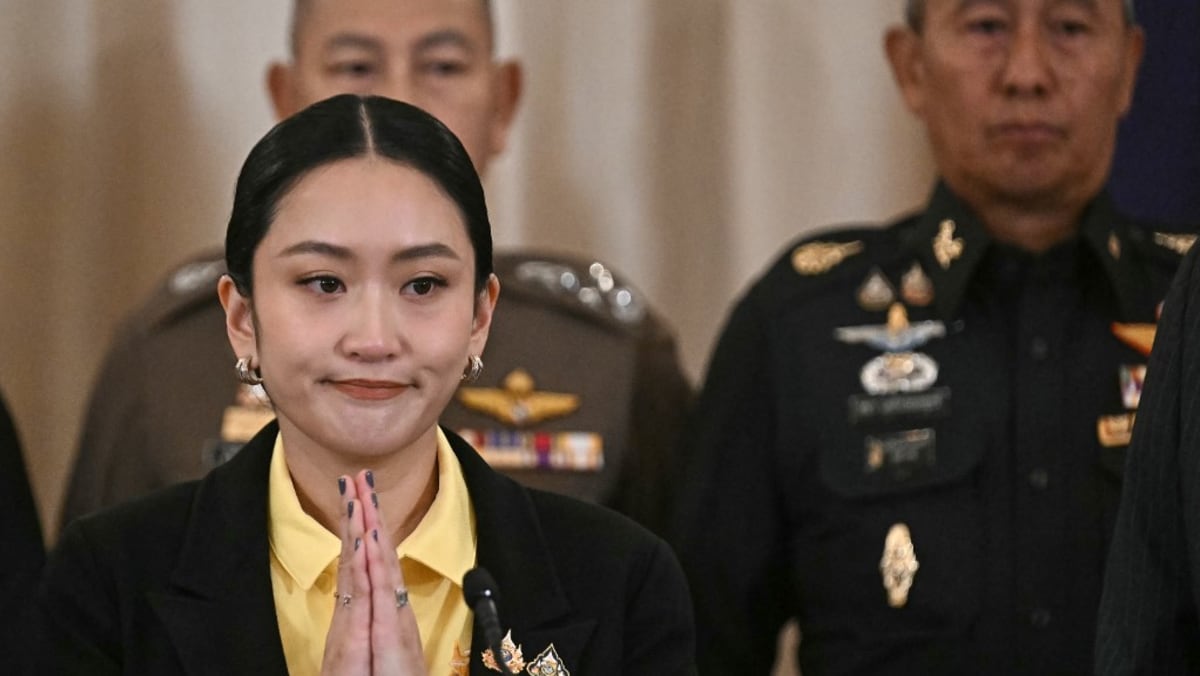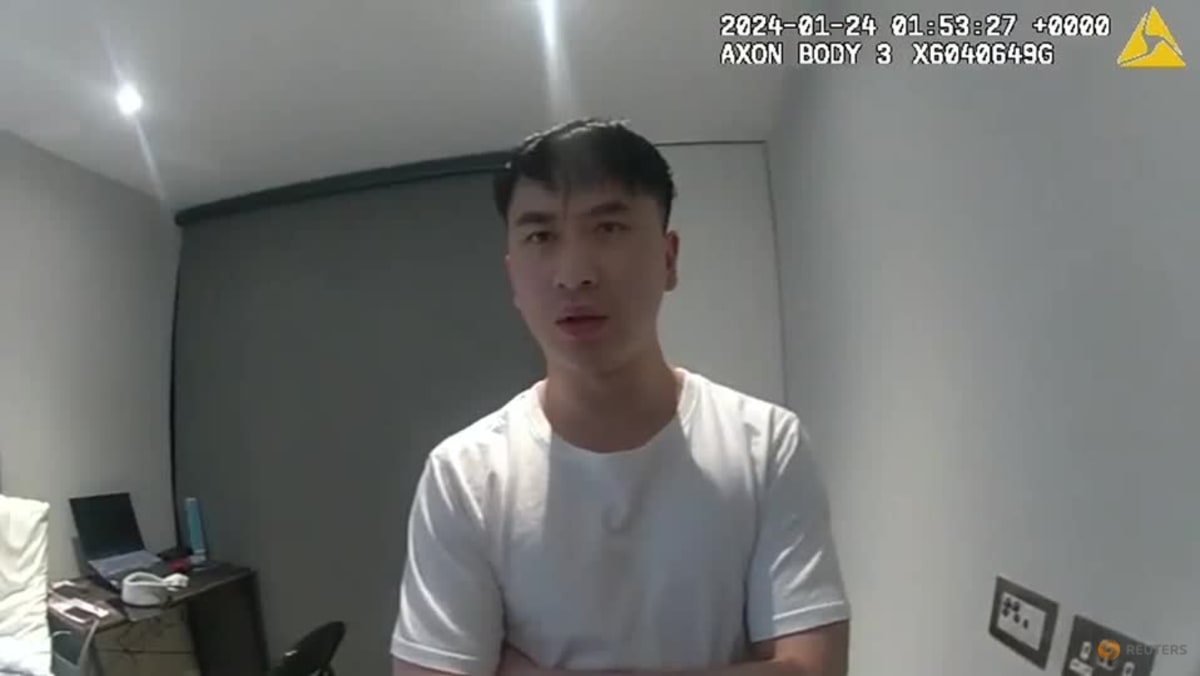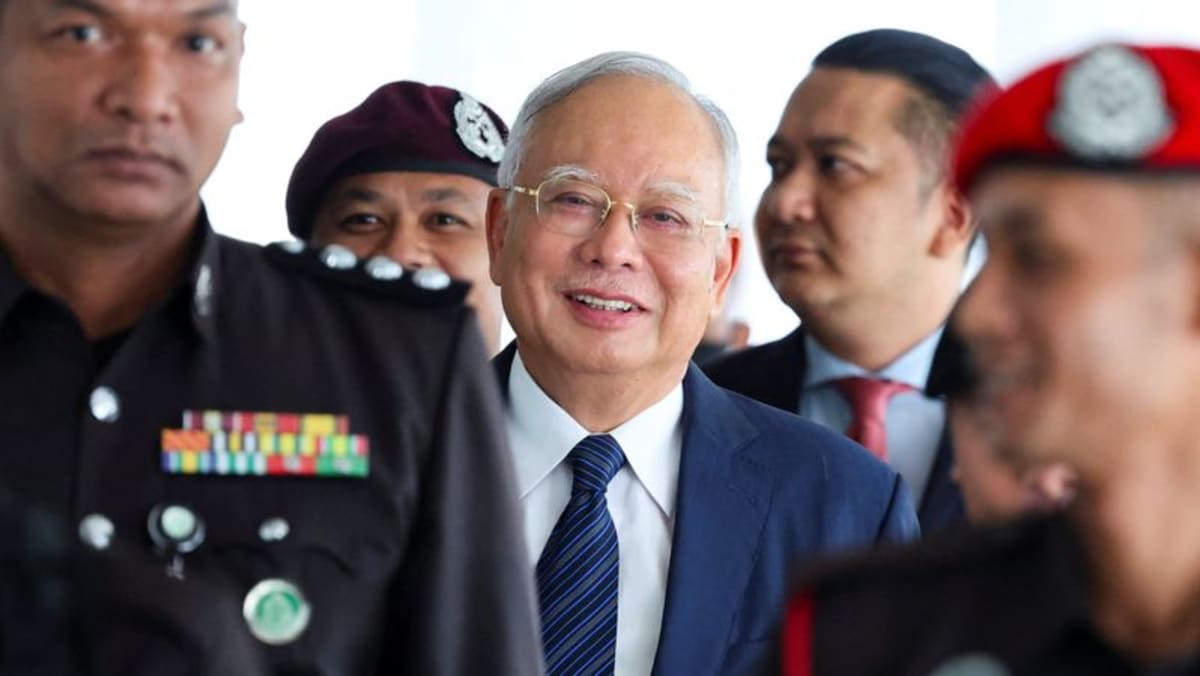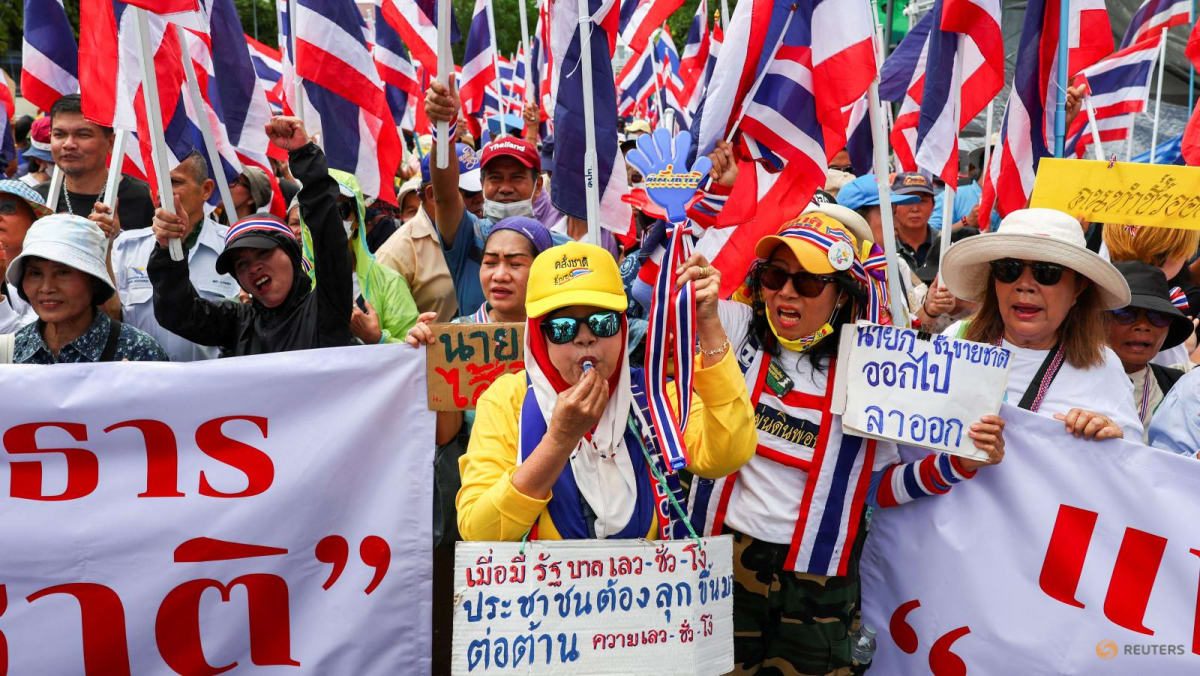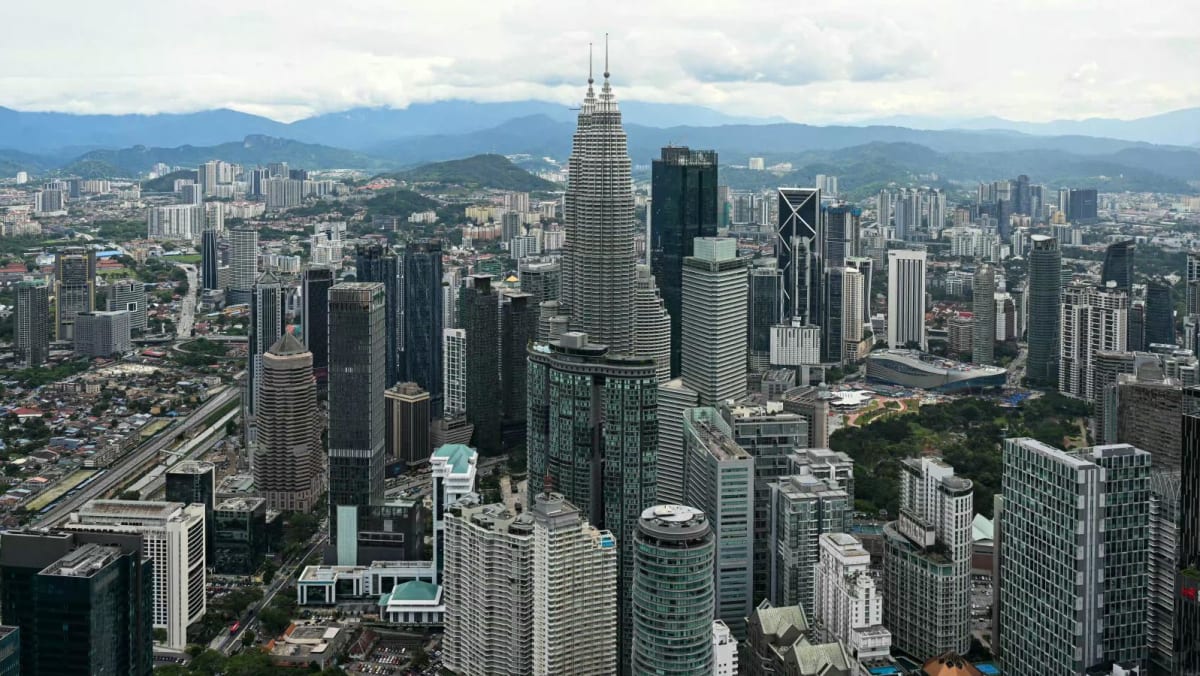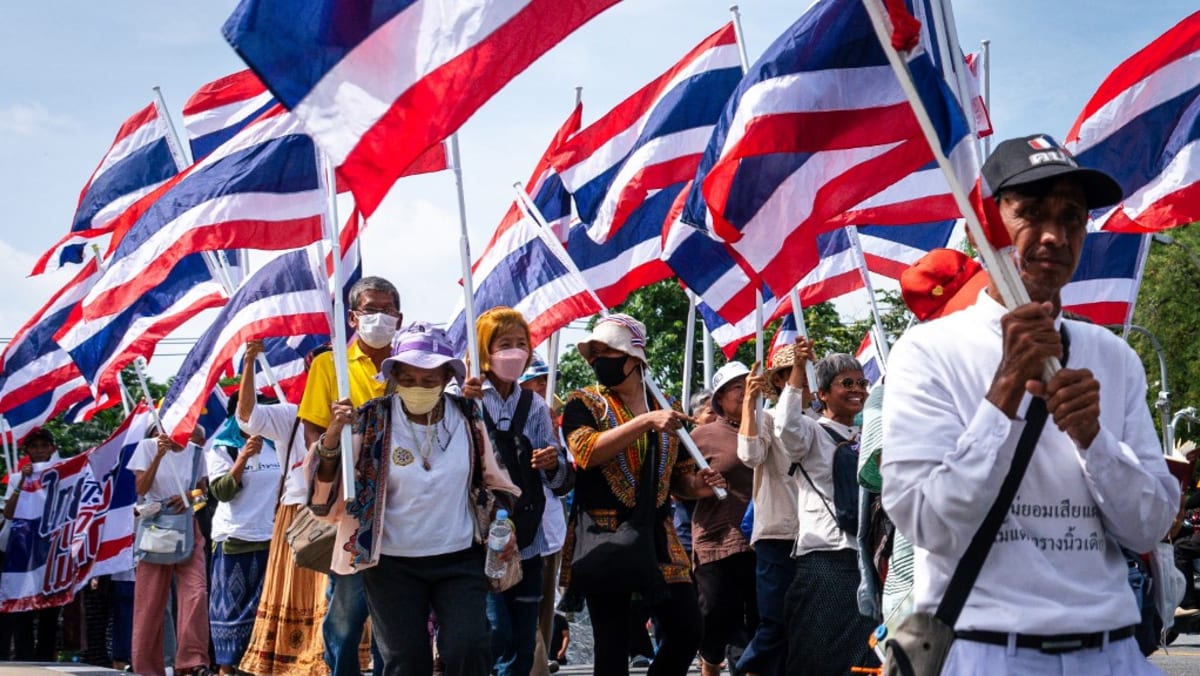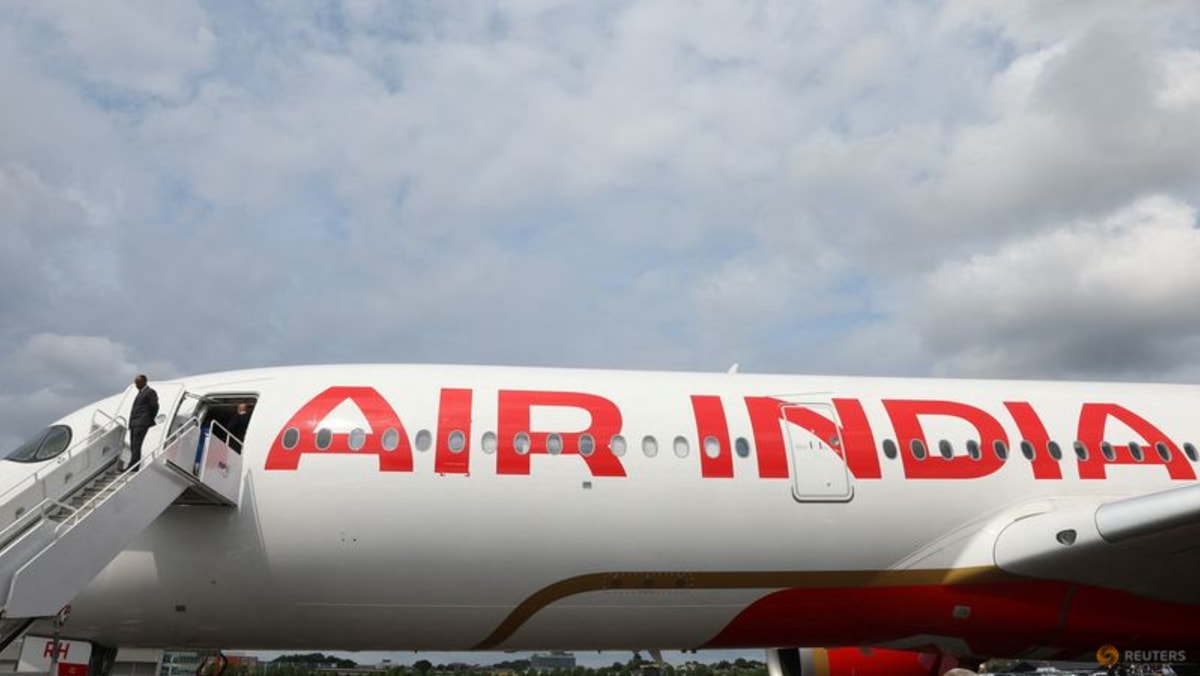A Reuters investigation in 2023 found leader Kim Jong Un had spent much of the COVID pandemic building a massive string of walls and fences along the previously porous border with China, and later built fences around the capital of Pyongyang.
A report this week by the Washington-based Center for Strategic and International Studies said the COVID pandemic raged in North Korea for more than two years before the regime admitted in May 2022 that the virus had permeated its borders, and that the regime bungled the response in a way that violated freedoms and left most citizens to fend for themselves.
On Wednesday SI Analytics, a Seoul-based satellite imagery firm, released a report noting North Korea is renovating a key prison camp near the border with China, possibly in response to international criticism, while simultaneously strengthening physical control over prisoners under the pretence of facility improvement.
Heenan said his team has talked to more than 300 North Koreans who fled their country in recent years, and many expressed despair.
“Sometimes we hear people saying they sort of hope a war breaks out, because that might change things,” he said.
A number of those interviewees will speak publicly for the first time next week as part of an effort to put a human face on the UN findings.
“It’s a rare opportunity to hear from people publicly what they want to say about what’s happening in the DPRK,” Heenan said.
He expressed concern about funding cuts for international aid and UN programmes around the world, which is pressuring human rights work and threatening support for North Korean refugees.
While human rights has traditionally been a politically volatile subject not only for Pyongyang but for foreign governments trying to engage with the nuclear-armed North, Heenan said the issues like prison camps need to be part of any engagement on a political settlement.
“There’s no point self-censoring on human rights, because … no one’s fooled,” he said.

